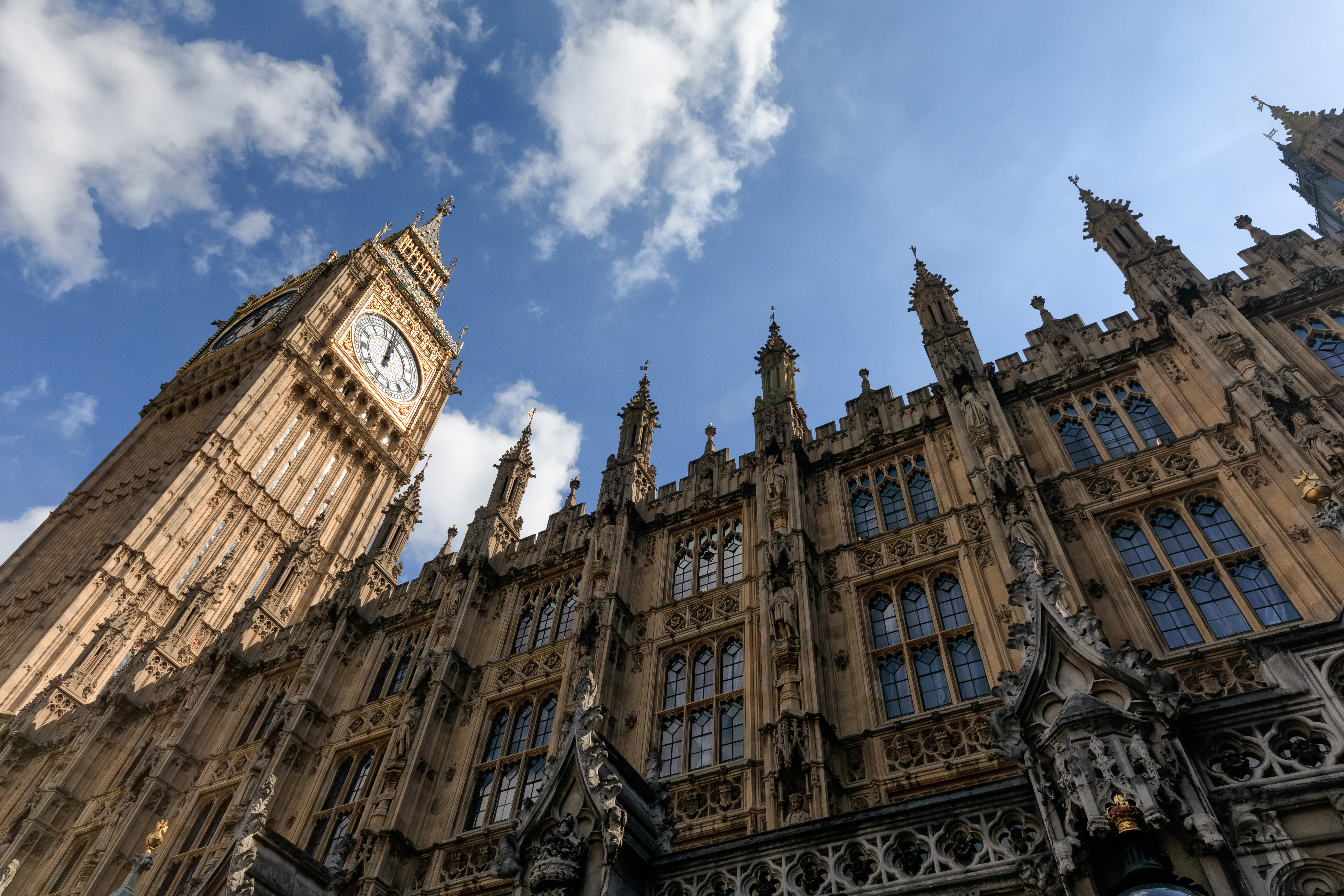Equity is calling for “urgent action” on AI following a new report launched this week at which calls for the ‘preservation of human originality’ and ‘ongoing impact assessments’, following the input of Equity members.
Equity General Secretary Paul W Fleming spoke to the report in parliament on Thursday where it was introduced to the All-Party Parliamentary Group on the Future of Work. Paul outlined how the current approach to AI was equivalent to “legalising theft” of creatives’ work, through data scraping and use without knowledge, consent or remuneration. He called on politicians to back Baroness Kidron's amendment to the Data Bill as part of efforts to protect creative workers' data and personality rights.
Urgent action is necessary to keep human-made stories at the centre of our cultural life. This requires AI companies to be transparent and the government to enforce UK copyright law. Creators’ rights to consent and pay are non-negotiable.
Tom Peters, Equity Head of Policy and Public Affairs
Equity members were among hundreds of freelance creative workers interviewed as part of the core research for the report from Queen Mary University of London, the Institute for the Future of Work, and The Turing Institute. Findings reveal how Generative AI is already having profound impacts on the UK’s creative economy and the report calls for urgent action to protect creative workers.
Key policy recommendations from the CREAATIF (Crafting Responsive Assessments of AI & Tech-Impacted Futures) report include:
-
Fair Remuneration: Enforce existing ownership rights and create new mechanisms to redistribute GenAI-generated revenues back to the human sources of creative data and content.
-
Legislative Reform: Update UK laws to protect the freelance creative workforce — addressing employment rights, skills development, and AI-specific risks — in partnership with unions and industry experts.
-
Inclusive AI Governance: Embed creative workforce perspectives in AI regulatory design, ensuring structured engagement that includes not only traditional ‘creators’, but all affected roles.
-
Stronger Regulation for AI Firms: Mandate transparency, prompt action on infringement, and compensation when GenAI systems use creative outputs without consent.
-
Ongoing Impact Assessments: Monitor the effects of GenAI on job quality, working conditions, and income security across the creative workforce, with clear accountability mechanisms.
-
Preserving Human Originality: Introduce ‘human made’ watermarking and provenance tools that enable consumers to distinguish AI-generated content and support originality in commercial ecosystems.
-
Workforce Training and Empowerment: Provide targeted education on IP and labour rights, contract negotiation, anti-mimicry strategies, and how to challenge bias and misrepresentation in GenAI tools.
Attending the formal launch of the report on Wednesday at the SXSW London technology festival, Tom Peters, Equity Head of Policy and Public Affairs, said the report “sets out a clear plan to ensure that the adoption of artificial intelligence does not come at the expense of our world-leading creative industries.”
The CREAATIF project, funded by AHRC and the BRAID programme and run in partnership with four major unions - Equity, Bectu, the Musicians’ Union, and the Society of Authors - spoke to 335 freelance creative workers to understand how GenAI is affecting their rights, work, and livelihoods. The project sets out seven key policy and regulatory recommendations to make sure new technologies support, rather than undermine, the value and future of work in an industry that contributes over £100 billion to the UK economy each year.
Continuing, Tom Peters said: “For too long, big tech companies have been getting away with the industrial-scale theft of creators’ works, which they use to build artificial intelligence models without consent or fair pay.
“Urgent action is necessary to keep human-made stories at the centre of our cultural life.
“This requires AI companies to be transparent and the government to enforce UK copyright law. Creators’ rights to consent and pay are non-negotiable.”
Speaking at the report launch, David Leslie, Professor of Ethics, Technology and Society at Queen Mary University of London and CREAATIF Project Lead, said: “The GenAI revolution is shaking up every part of cultural production—from the first spark of an idea to how creative work gets out into the world. Freelance creative workers, who experience work life without the protections that come with salaried jobs, are especially vulnerable to these changes.
“That’s why CREAATIF took a close look at what’s happening to these workers. As the policy and regulatory landscape shifts around us, we’ve used what we learned to put forward clear, practical recommendations—while also highlighting some of the opportunities GenAI could bring to creative workers if handled ethically, equitably, and responsibly.”
Details of the full report and it’s recommendations can be found on Queen Mary’s website.




